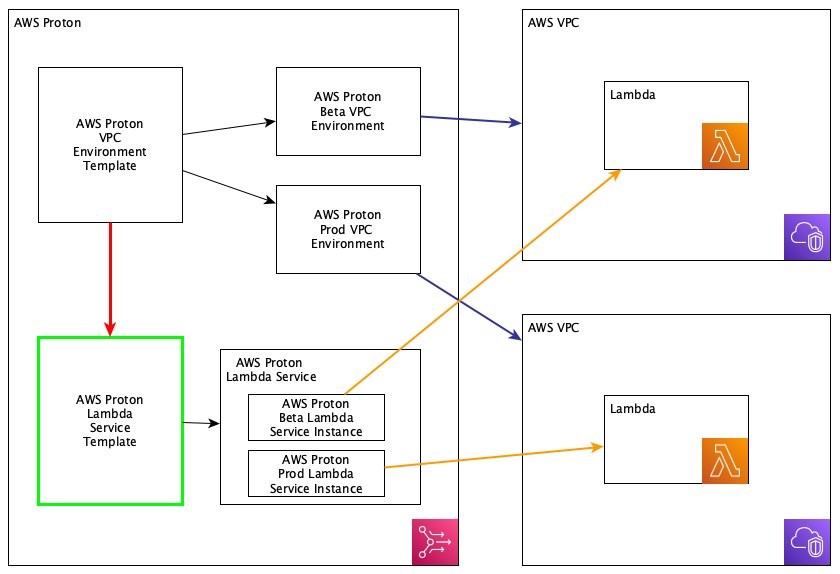Containers
Tag: CloudFormation
Architecture evolution: From zero to future-proof architecture at home24
This blog was co-authored by Aurelijus Banelis, Senior Software Engineer at home24 Introduction Home24 is a leading pure-play home & living e-commerce platform in continental Europe and Brazil. It has third-party and private-label assortments combined with a tailored user experience — and that is a good foundation for a sustainable technology business. Aurelijus is proud […]
How to use components to augment the infrastructure in an AWS Proton template
Introduction AWS Proton is a managed service that helps platform engineers scale their impact by defining, vending, and maintaining infrastructure templates for self-service deployments. With Proton, customers can standardize centralized templates to meet security, cost, and compliance goals. Proton helps platform engineers scale up their impact with a self-service model, resulting in higher velocity for […]
AWS Proton Terraform Templates
At re:Invent 2020, AWS launched a new service, AWS Proton, aimed at helping automate and manage infrastructure provisioning and code deployments for serverless and container-based applications. At launch, AWS CloudFormation was the only option available to customers for provisioning their infrastructure through AWS Proton. Supporting HashiCorp Terraform is currently the most upvoted item on our public […]
How copebit takes advantage of AWS Proton
This blog was co-authored by Marco Kuendig, CTO at copebit AG, Switzerland and Simone Pomata, Senior Solutions Architect at AWS Switzerland. Who is copebit? copebit is an AWS advanced consulting and software development company based in Zurich, Switzerland. We have been working with AWS for many years implementing AWS-based cloud solutions for clients every day. […]
Use CloudFormation to automate management of the Fargate profile in Amazon EKS
Organizations are embracing microservices architectures and container-based deployments to gain agility, scalability, isolation, and separation of concerns. AWS Fargate, the serverless compute engine for running containers in the AWS Cloud, improves agility by taking away the undifferentiated heavy lifting of worker node provisioning and management. With Fargate, organizations can focus on building applications and application […]




